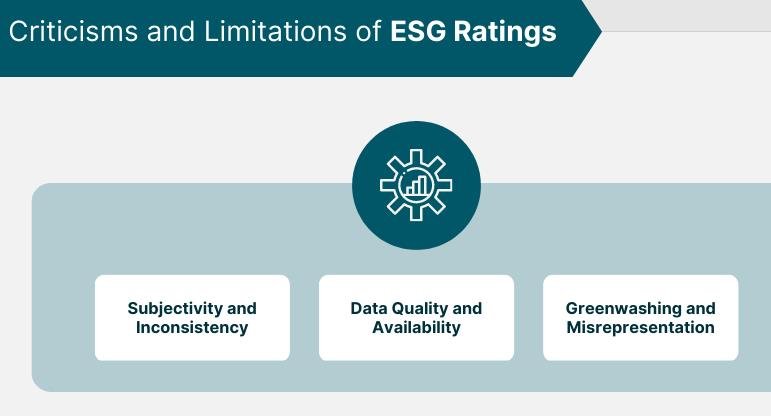Canadian banks are currently facing a significant backlash from U.S. state officials over their environmental, social, and governance (ESG) policies. This tension highlights the growing divide between financial institutions’ climate commitments and the political landscape.
The controversy began when several U.S. states criticized Canadian banks for their ESG initiatives, which they perceive as a threat to the fossil fuel industry. These states argue that the banks’ ESG commitments, such as reducing investments in carbon-intensive industries, could harm their economies.

The banks, on the other hand, defend their ESG policies as necessary steps towards a sustainable future. They emphasize the importance of aligning their investment strategies with global climate goals to mitigate the risks associated with climate change.
Political Pushback
The pushback from U.S. state officials has taken various forms, including legislative measures and public statements condemning the banks’ ESG actions. Some officials have gone as far as proposing laws that would penalize financial institutions for their ESG-related decisions.
This political resistance poses a dilemma for Canadian banks, which must navigate the complex interplay between their corporate responsibilities, investor expectations, and the political environment in which they operate.
The Road Ahead
As the debate continues, Canadian banks are reassessing their strategies to balance their ESG commitments with the need to maintain positive relations with U.S. state officials. The outcome of this standoff could have significant implications for the future of ESG investing and the role of financial institutions in addressing climate change.








